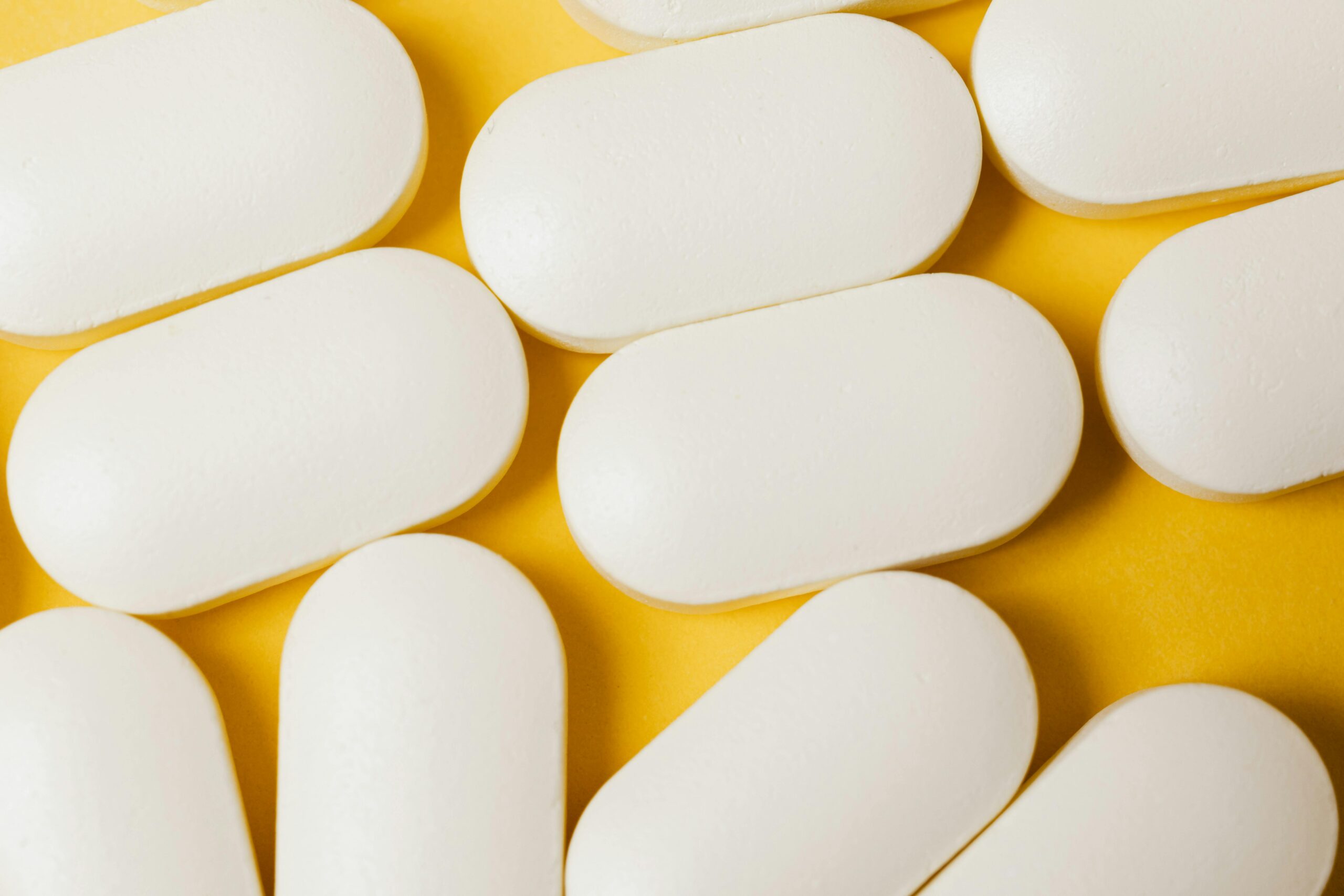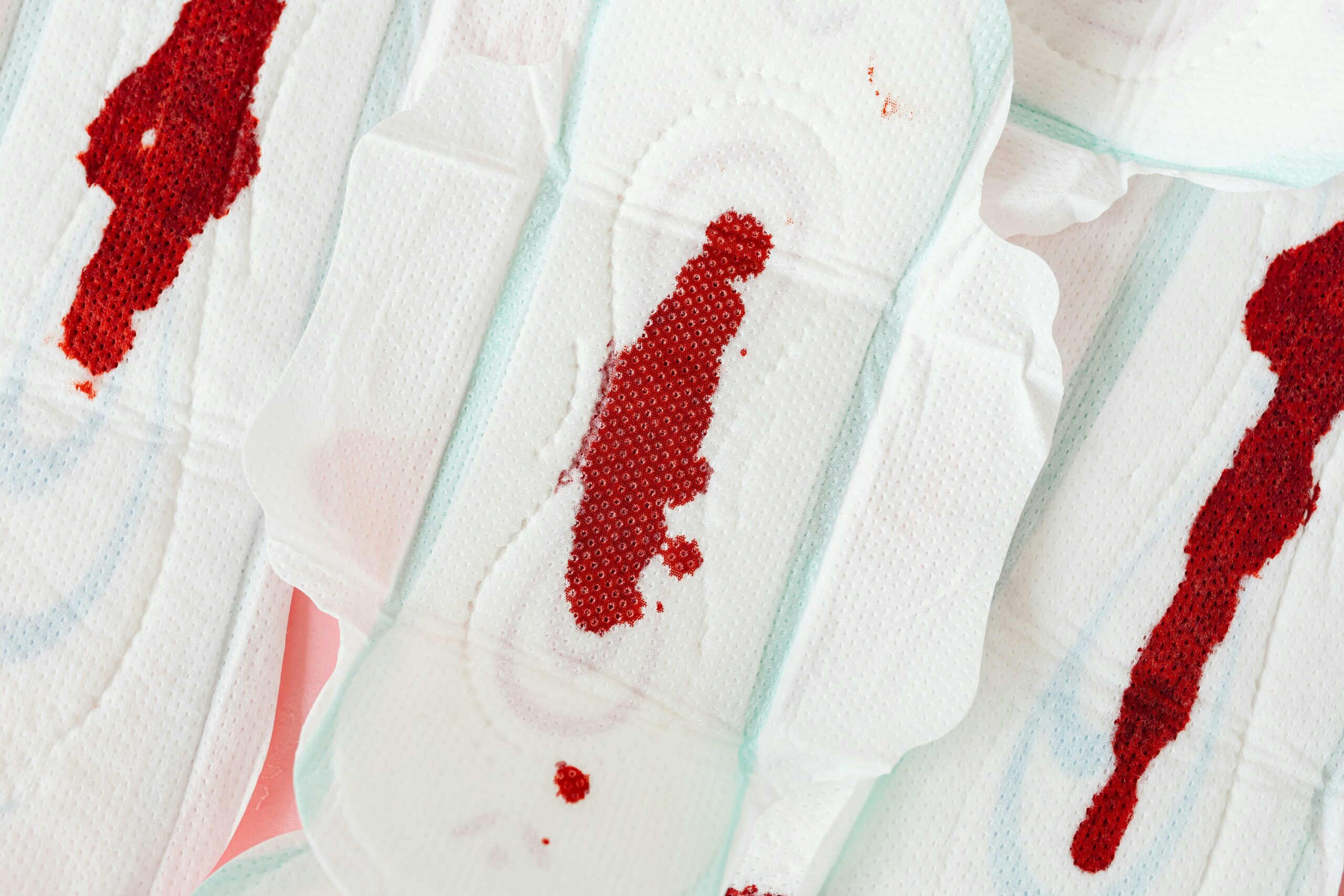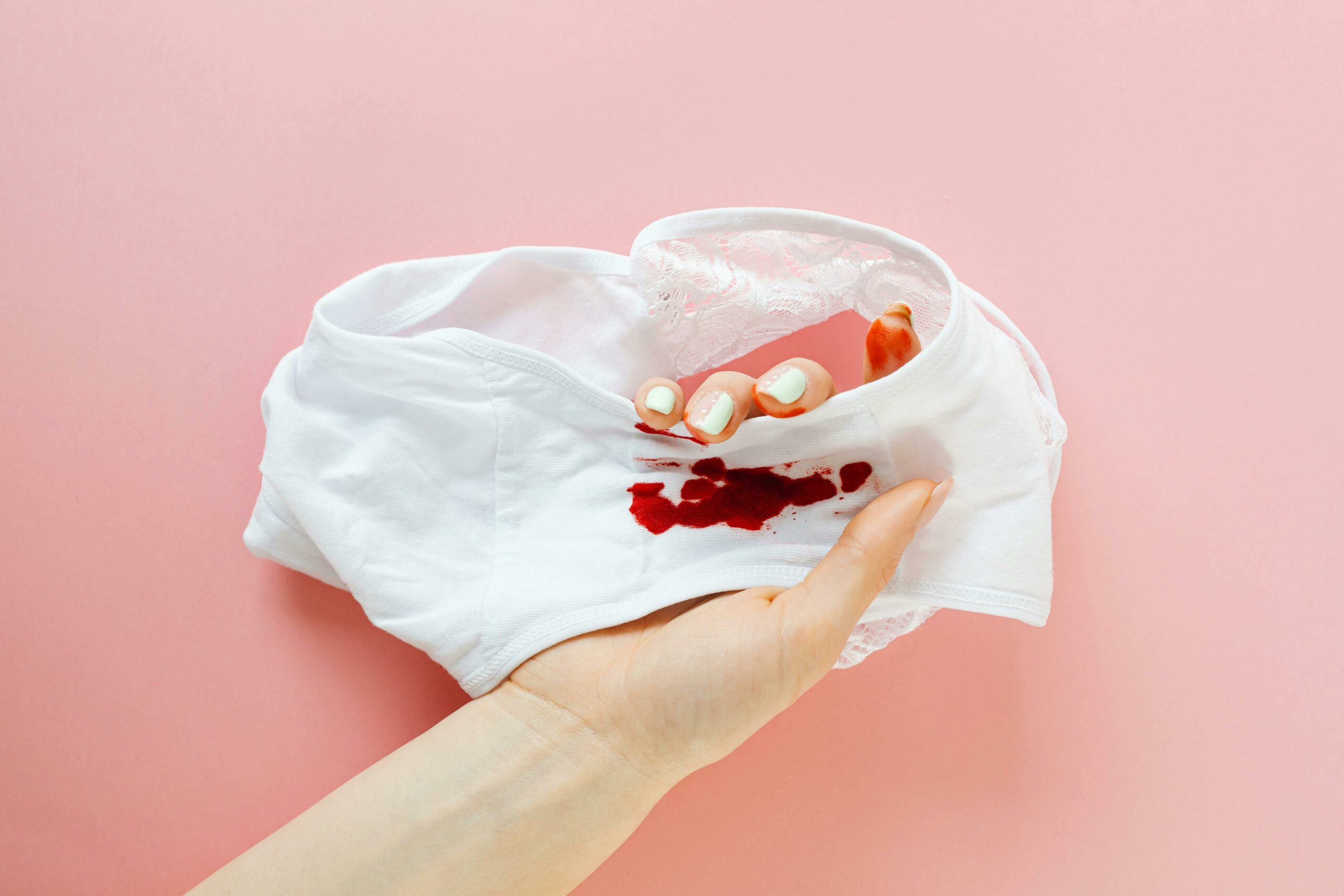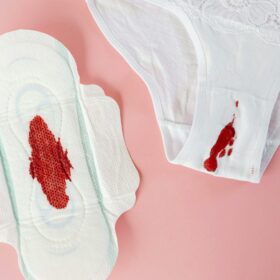
Contraception for heavy & painful periods
In this article
What's the lowdown?
An average period results in 30-40ml of blood loss – a heavy period can be more than 80ml
There is not always a known cause of heavy periods, but they may be the result of fibroids or adenomyosis
Period pain is caused by contractions of the uterus
Hormonal contraceptives can make periods lighter and less painful
Research suggests the most effective treatment for heavy periods is the hormonal coil (IUS), commonly known as the Mirena coil
On average, a woman will have 450 periods in her lifetime. If you take a ‘typical’ 28-day cycle and count seven of those days as bleeding days, that equates to 8 and a half years of bleeding1. Eight years. That’s a lot! And if you’re experiencing heavy and painful periods, 8 years is a long time to just suffer through it.
Fortunately, contraceptives not only prevent pregnancy but can also help put an end to the dread of monthly disruption and miserable pain.
What are heavy periods?
The average amount of blood lost during a woman’s period is around 30-40ml, the equivalent of 6-8 teaspoons. Heavy bleeding, also known medically as menorrhagia, is defined by the NHS as ‘80ml or more in each period, having periods that last longer than seven days, or both’.
There are indicators to assess the amount of blood loss you’re experiencing, and thankfully, using a teaspoon doesn’t have to be one of them! Changing sanitary pads every 1-2 hours, passing blood clots larger than 2.5cm, and bleeding through your clothes can all point to menorrhagia.
What causes heavy periods?
For many women, heavy periods have no obvious cause. But for some, an underlying issue can be at play. Fibroids, adenomyosis and endometriosis can both cause heavy periods, as well as other conditions such as pelvic inflammatory disease. The presence of an IUD (copper coil) has also been shown to cause heavier periods.
Due to the potential for a range of causes, it’s important to seek medical advice if you are experiencing heavy periods or you notice any changes to your normal cycle. Heavy periods can result in iron deficiency anaemia, and your GP can check for this with a simple blood test. As with most things period-related, one person’s ‘normal’ is another person’s ‘irregular’, so knowing what’s normal for you is always important.
How to stop heavy periods
Depending on the cause of your heavy periods, hormonal and non-hormonal treatment options are available. Non-hormonal treatments include tranexamic acid, which can be bought over the counter under the brand name Evana, and non-steroidal anti-inflammatory drugs (NSAIDs) like ibuprofen, mefenamic acid or naproxen, which can be bought over the counter under the brand name Ultravana.
Hormonal contraceptives – the combined pill, the patch, the vaginal ring, the progestogen-only (or mini) pill, and the intrauterine system (IUS) – can be effective in the management of heavy and painful periods. More on this later.
For some, surgical treatments may need to be considered. Gonadotropin-releasing hormone agonists (GnRH) may be used either prior to surgery or as an alternative. They work to induce a medical menopause and studies have proven GnRH to be extremely effective. They do, however, come with very significant side effects, and should therefore warrant careful consideration.
What causes period pain?
Period pain, or dysmenorrhoea, is caused by contractions of the uterus designed to help shed the uterine lining. The blood vessels are compressed so tightly, the oxygen supply to the uterus is temporarily cut off. This lack of oxygen to the tissue results in the release of pain-triggering chemicals. The body also produces chemicals called prostaglandins, which cause the uterus to contract more, adding to the pain.
In some cases, period pain may be the result of an underlying condition, such as endometriosis or fibroids. An IUD may cause pain, more noticeably in the first few months following insertion. If you notice any changes in pain, or you get additional symptoms including pain during sex or bleeding in-between periods, contact your doctor.
When is a period not a period?
When the pill was developed over 50 years ago, researchers believed the idea would be more palatable if women still experienced a monthly bleed. In an effort to appease the Pope, the guidance replicated the natural 28-day cycle and resulted in the 7-day break every twenty-one days. But the bleed that comes along during that pill-free break is not actually a period; it’s a withdrawal bleed.
Whilst on the combined pill, the endometrium (the lining of the womb) only grows a small amount, meaning the need for a monthly bleed is not necessary. It is perfectly safe to take the pill continuously, and advice has recently been updated to support this. Check out our complete guide on taking the pill back to back.
When the pill is taken in this way, the hormones in the pill stabilise and thin the endometrium and prevent you from bleeding. Over time though you may experience breakthrough bleeding. This may present as spotting or as a heavier, more period-like bleed and can indicate the need for a break, for 4 days. You can then return to taking the pill continuously, missing the withdrawal bleed breaks.
Studies show breakthrough bleeding is more likely to occur with continuous use – as opposed to cyclical use with a 7-day break. But over time, the frequency and intensity of this breakthrough bleeding decreases.
How does the mini-pill affect periods?
The progestogen in the mini-pill (also called the progestogen-only pill) thins the womb lining, much the same way as it does with the combined pill. You need to take the mini-pill every day, with no breaks to prevent pregnancy. A break in taking the mini-pill will result in a break in protection. Eek! Bleeding patterns can be very unpredictable in the first three months of using the progestogen-only pill, following this periods may be lighter, but may also be irregular or more frequent. Conversely, for some, they may stop altogether.
A survey carried out by The Lowdown found 47% of women experienced a stop to their periods whilst taking the progestogen-only pill, compared to only 7% of women on the combined pill. One user of The Lowdown wrote:
“I have been taking this pill for 5 years every day. When I first started this pill, I had a light period consecutively for the first 3 months, but I haven’t had a period, pains, or cramps since. Sometimes I get the odd spotting.”
The pill as a treatment for heavy periods
Evidence consistently shows that the use of combined hormonal contraceptives results in lighter periods. The combined pill, the contraceptive patch, and the vaginal ring can all be used to help manage heavy periods and period pain.
There is less research that proves their benefit in the management of period pain, but it may be beneficial to use combined hormonal contraceptives continuously, avoiding withdrawal bleeds, with studies showing an advantage over the more traditional cyclical use (with breaks) in the short term.
Mirena coil for heavy periods
The most effective treatment for heavy periods is the hormonal coil (IUS), commonly known as the Mirena coil.
The IUS releases progestogen into the uterus, thinning the lining of the womb and keeping it thin whilst in place. Periods tend to become lighter, less frequent, and for some, may stop altogether. The benefits increase over time as the blood loss is reduced gradually, with around 90% less bleeding after 12 months of use. The majority of women also report the Mirena coil to be an effective treatment for period pains.
The copper coil and heavy periods
The copper IUD, however, may make periods heavier, longer, and potentially more painful. And for this reason, the copper coil is best avoided for those already experiencing heavy and/or painful periods.
How the copper coil works is still a little bit of a mystery, but the copper released into the uterus is thought to cause mild inflammation.
Can the implant and injection help with heavy periods?
The contraceptive implant and the contraceptive injection both work by releasing progestogen into the bloodstream. They can help reduce painful, heavy periods, but irregular bleeding is a possible side-effect.
69% of The Lowdown users report that the injection stopped their periods, whilst 12% found them to be irregular. 45% of those using the implant had irregular periods compared to a third whose periods stopped entirely. (Data taken as of September 2024)
What is the best contraceptive for heavy periods?
The best contraceptive to treat heavy periods according to the medical guidance is the hormonal coil – usually the Mirena, Levosert or Benilexa brands. Followed by any combined hormonal contraceptive (combined pill, patch or ring). But what do our reviewers say?
| Contraceptive | Lighter periods | Stopped periods |
| Hormonal coil | 22% | 46% |
| Combined pill | 45% | 5% |
| Patch | 32% | 0% |
| Vaginal ring | 52% | 2% |
| Progestogen-only pill | 7% | 43% |
| Implant | 4% | 33% |
| Injection | 5% | 69% |
There are so many options available if you’re struggling with painful and heavy periods, and thankfully, suffering in silence doesn’t have to be one of them. Check out the reviews at The Lowdown to read more about the experiences of real women using different methods of contraception. And why not add your own review to the mix, to help others on their contraceptive journeys?
Our medical review process
This article has been medically reviewed for factual and up to date information by a Lowdown doctor.






